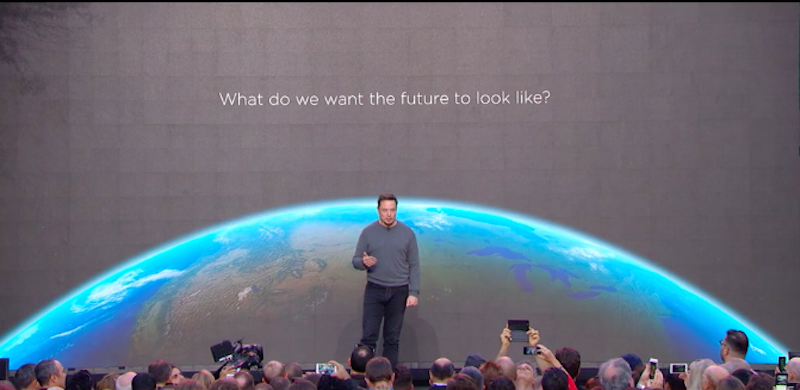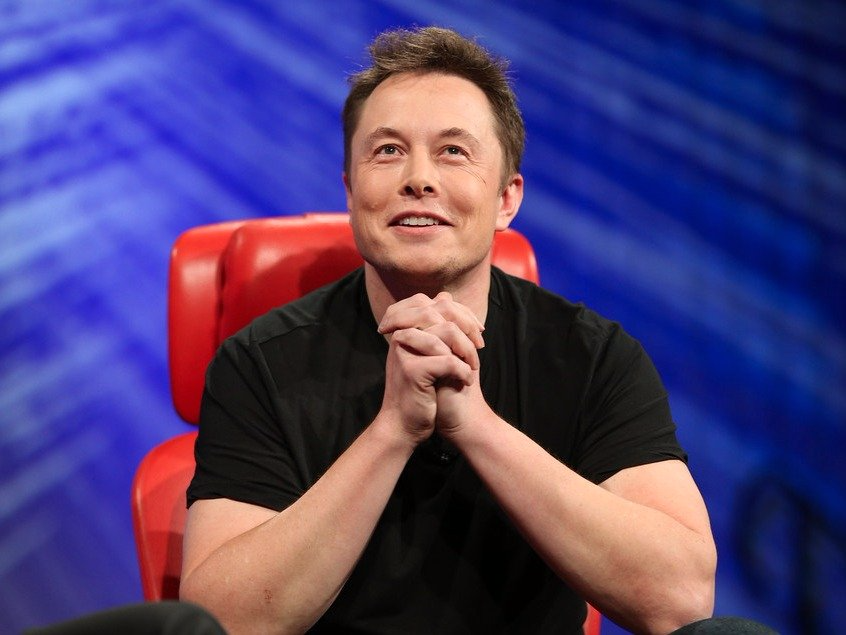Elon Musk has launched a company dedicated to linking human brains with computers, The Wall Street Journal’s Rolfe Winkler reported Monday.
Internal sources told The Journal that the company, called Neuralink, was developing “neural lace” technology that would allow people to communicate directly with machines without going through a physical interface. Neuralink was registered as a medical-research company in California in July.
Neural lace involves implanting electrodes in the brain so people could upload or download their thoughts to or from a computer, according to the report. The product could allow humans to achieve higher levels of cognitive function.
Musk said on Twitter that more details about Neuralink will be released in a week.
Long Neuralink piece coming out on @waitbutwhy in about a week. Difficult to dedicate the time, but existential risk is too high not to.
— Elon Musk (@elonmusk) March 28, 2017
Musk has expressed his interest in neural lace technology before. Musk first described the potential product at Vox Media's Code Conference in 2016, saying it would allow humans to achieve symbiosis with machines.
He said neural lace could prevent a person from becoming a "house cat" to artificial intelligence.
"The solution that seems maybe the best is to have an AI layer," Musk said at the Vox Code Conference. "A third, digital layer that could work symbiotically."
Musk said on Twitter in January that he was preparing for an announcement regarding neural lace.
Facebook is also exploring similar technology through Building 8, its secretive hardware division. The group is developing noninvasive brain-computer interface technology that would allow people to communicate with external hardware devices.

Musk is attempting to set up safety standards for artificial intelligence through his nonprofit, OpenAI, which he founded with Y Combinator's Sam Altman in 2015. OpenAI's mission is to "advance digital intelligence in the way that is most likely to benefit humanity as a whole."
But Neuralink's first products could involve using implants to treat disorders like epilepsy or major depression, according to The Journal.
Researchers at universities like the University of California and Duke are also developing brain-computer interface technology that would allow people with paraplegia to walk again.
Musk also plans to launch the Boring Company, a venture dedicated to building an underground network of tunnels to reduce traffic.
Read the full Wall Street Journal report »
UPDATE: This story was updated to include a tweet from Musk about Neuralink.

